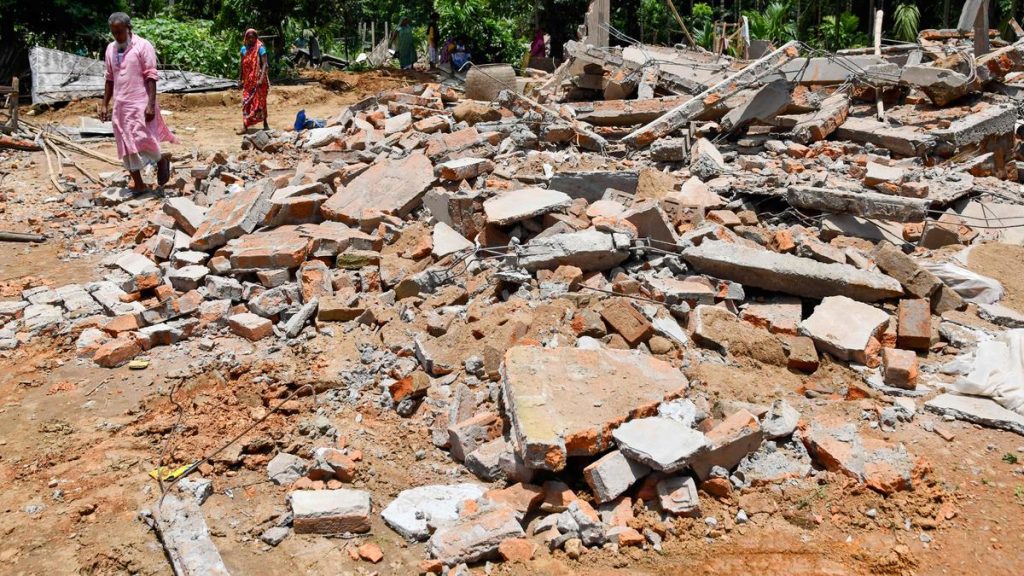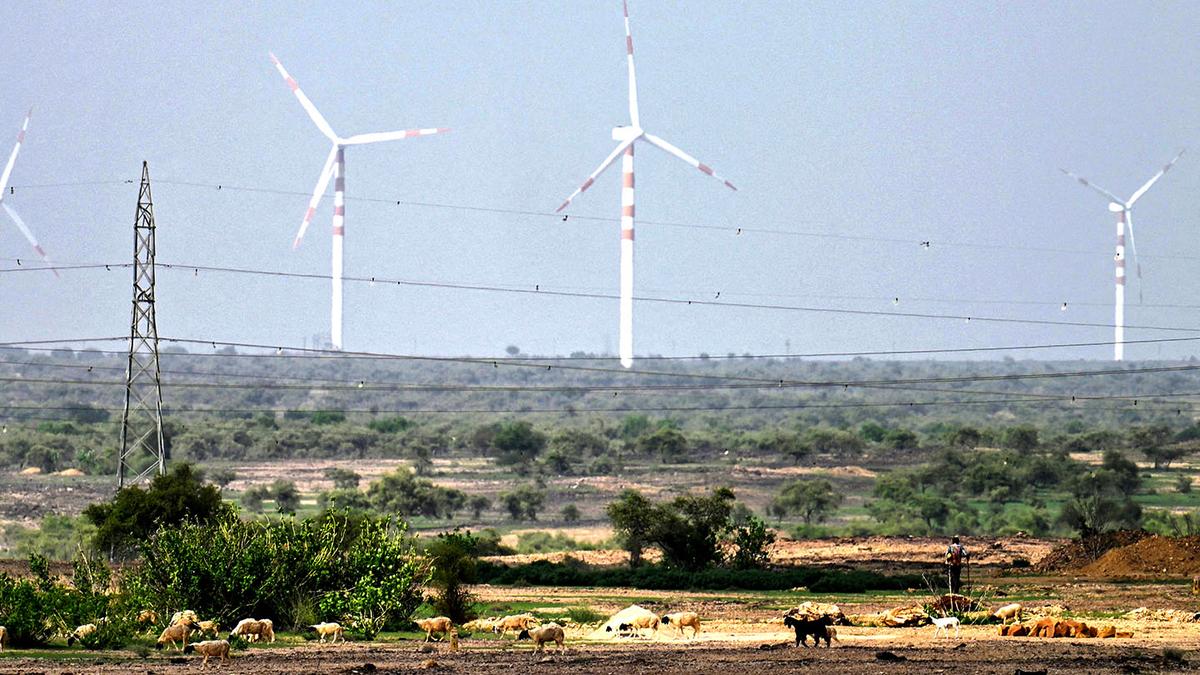Now Reading: Who Qualifies as an ‘Ordinarily Resident’? Explained
-
01
Who Qualifies as an ‘Ordinarily Resident’? Explained
Who Qualifies as an ‘Ordinarily Resident’? Explained
Fast Summary
- Election Commission Initiative: The election Commission of India (EC) has started a Special Intensive Revision (SIR) of electoral rolls in Bihar, sparking discussions about the definition of ‘ordinarily resident’ for voter registration.
- Legal Provisions: Section 19 and 20 of the representation of the People Act (RP Act), 1950 govern who qualifies as ‘ordinarily resident.’ Long-term NRIs can register under Section 20A at thier passport address, while specific groups like armed forces personnel and government employees posted abroad are granted residency status in specified constituencies.
- challenges for Migrants: Around 15 crore migrant laborers face complications due to seasonal work or temporary accommodations, raising concerns about disenfranchisement if strict interpretations are applied to ‘ordinary residence.’ Such workers often maintain strong ties with their original residences but may not permanently live there.
- Way Forward: Suggestions include amending the RP Act or Registration of Electors Rules (RER) to protect migrant laborers’ voting rights and ensuring that Aadhaar integration prevents duplicate registrations across constituencies.
Indian Opinion Analysis
The EC’s effort to revise electoral rolls reflects a commitment toward ensuring robust democratic processes, yet it also exposes systemic challenges faced by marginalized communities such as migrant labourers. The legal ambiguity surrounding ‘ordinarily resident’ risks disenfranchising millions who contribute significantly to India’s economy but remain politically vulnerable due to frequent relocations.
Retention mechanisms akin to provisions for NRIs and service voters could offer practical solutions without compromising electoral integrity. Though, implementing these changes requires careful consideration from policymakers alongside adequate safeguards like Aadhaar authentication against fraudulent enrollments.
By modernizing voting frameworks for migrants without diluting accountability within constituencies they wish to represent, India could strengthen its democracy further while being inclusive toward diverse socioeconomic realities.



























